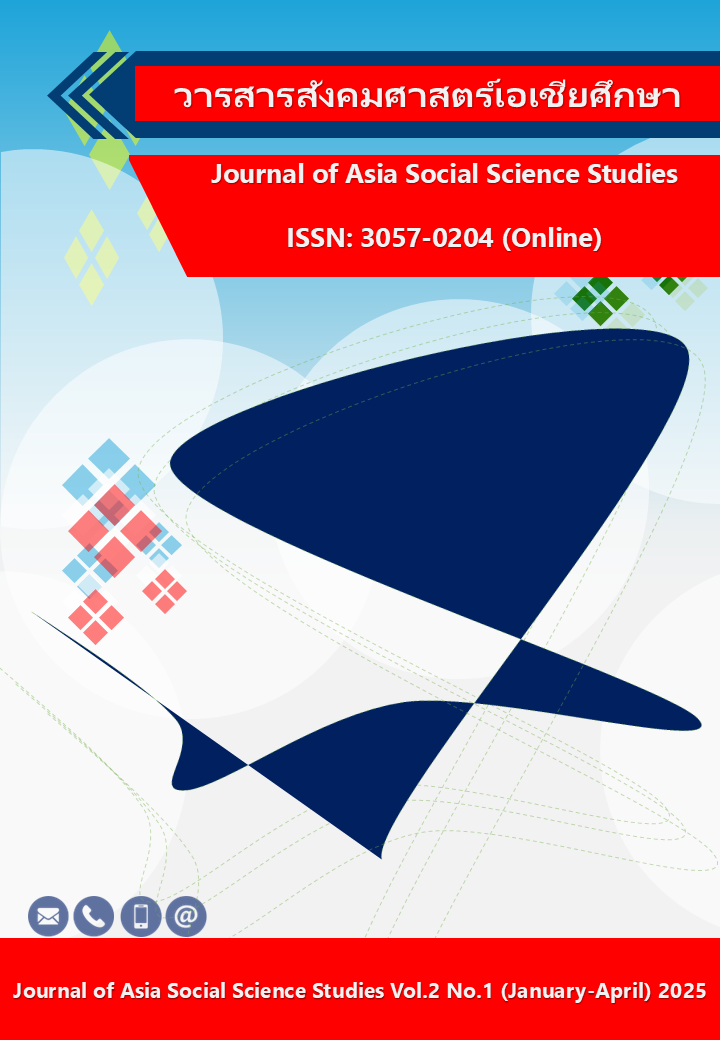The Impact of Social and Economic Changes on Education in China
Main Article Content
Abstract
Social and economic changes in China have had a significant impact on the country’s education system. Since the economic reforms of the 1980s, the growth of the economy and social transformations have influenced many aspects of education, including public access to education, the development of educational quality, and changes in curriculum and teaching methods. Before the economic reforms, China’s education system was heavily focused on state-run education, with a high level of state control. However, after the opening of the economy, social changes in China led to transformations in the education system, both in terms of quality and accessibility. Education has developed to a higher level, with educational institutions creating new, modern curricula that align with the demands of the labor market. This has impacted the preparation of students for careers in growing industries. Higher education has also been heavily promoted over the past two decades. However, the effects of economic changes have continued to present challenges in education, especially concerning inequality in access to education and the quality of education between urban and rural areas. People in rural areas still face shortages of educational resources, such as insufficient schools, unqualified teachers, and a lack of opportunities to develop necessary skills.Despite efforts to improve education, inequalities remain a major obstacle to the development of China’s education system. The development of education in China must focus on promoting equity in all areas, ensuring that everyone has equal access to educational opportunities and is prepared for the changing world.
Article Details

This work is licensed under a Creative Commons Attribution-NonCommercial-NoDerivatives 4.0 International License.


